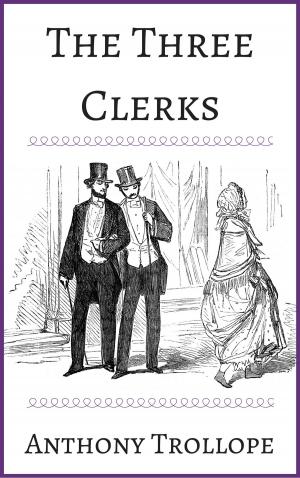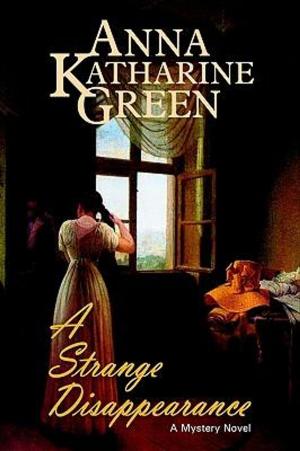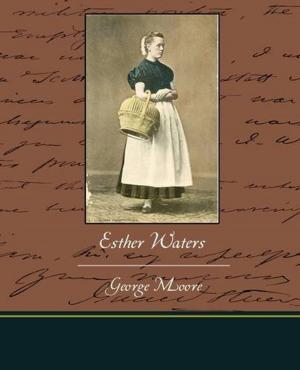| Author: | Wilkie Collins | ISBN: | 1230002477589 |
| Publisher: | Marques publishing | Publication: | August 13, 2018 |
| Imprint: | Language: | French |
| Author: | Wilkie Collins |
| ISBN: | 1230002477589 |
| Publisher: | Marques publishing |
| Publication: | August 13, 2018 |
| Imprint: | |
| Language: | French |
Wilkie Collins (1824-1889) is best known as the innovator of the English detective novel, whose sensational novels, plays, and short stories were hugely popular in the Victorian Era. Today, readers enjoy Collins' intricate and suspenseful plots, and his penetrating social commentary on the plight of women and domestic issues of the time. Unfortunately Collins suffered from rheumatic gout, for which he took the opiate laudanum, and which eventually led to paranoid delusions and the deterioration of his health. "The Black Robe" (1881) is an epistolary novel written later in Collins' career, when his severe opium addiction led to a decline in the popularity of his writing. The story centers around Lewis Romayne, whose misadventures in life and love demand sympathy from any reader. Although criticized in its time for a perceived anti-Catholic bias, the novel is today appreciated for being, like most of Collins' work, a highly readable piece.
Wilkie Collins (1824-1889) is best known as the innovator of the English detective novel, whose sensational novels, plays, and short stories were hugely popular in the Victorian Era. Today, readers enjoy Collins' intricate and suspenseful plots, and his penetrating social commentary on the plight of women and domestic issues of the time. Unfortunately Collins suffered from rheumatic gout, for which he took the opiate laudanum, and which eventually led to paranoid delusions and the deterioration of his health. "The Black Robe" (1881) is an epistolary novel written later in Collins' career, when his severe opium addiction led to a decline in the popularity of his writing. The story centers around Lewis Romayne, whose misadventures in life and love demand sympathy from any reader. Although criticized in its time for a perceived anti-Catholic bias, the novel is today appreciated for being, like most of Collins' work, a highly readable piece.















